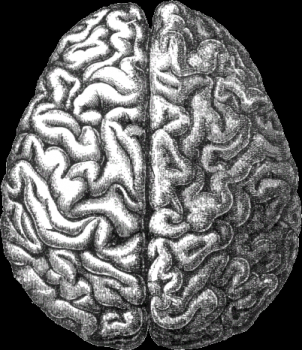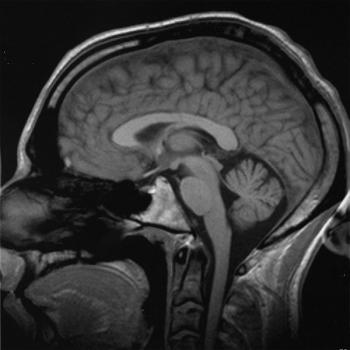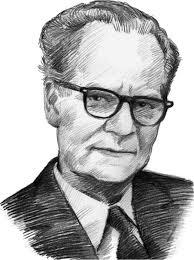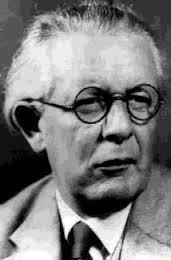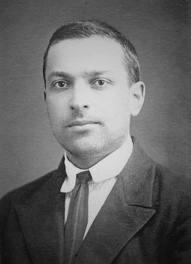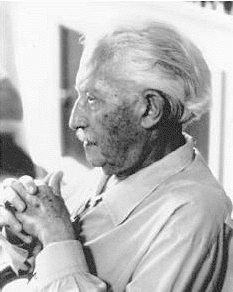Developmental psychology examines the growth of the individual through various stages in life and how different events and situations can shape human behavior. The main areas of developmental focus are psychological development, cognitive development, social and emotional development, and physical development.
While the study of physical development is not much more than seeing how the child grows and develops in terms of their physical appearance and functioning, it is still important due to evidence showing that toxins in the environment and the mother's choices can impact fetal development. For example, drinking alcohol while pregnant can result in fetal alcohol syndrome. Stages of psychological development are also important for understanding how the individual develops their identity and sense of self.
In terms of cognitive development, two famous theories are Piaget's Theory of Cognitive Development and Vygotsky's Social Constructivist Approach. While Piaget's approach is more rooted in biology and the development of intelligence, Vygotsky's theory emphasizes the role of social interaction on development. It is also an important area in seeking to explain how memory, perception, reasoning, attention, problem solving, learning, language, and mental representations (like theory of mind, pretend play, and false beliefs) are formed over the lifespan.
Among social and emotional development, Erik Erikson's Stages of Psychosocial Development is a theory which states that people go through stages in their development, such as attachment and trust vs. mistrust, and if there is unresolved conflict in these stages, that person may develop attachment or trust issues. The emphasis is on the idea that a positive environment and supportive relationships will promote healthy growth for the child both socially and emotionally.
One major topic covered in developmental psychology is the nature versus nurture debate. While some people claim that nature, comprised of a person's genes and biological factors, impacts their development no matter what, others say that nurture, how a person is raised in their environment, is more influential on development. Research has shown evidence supporting both claims, and it is widely accepted that both nature and nurture interact to influence development.
© BrainMass Inc. brainmass.com July 25, 2024, 2:19 am ad1c9bdddf
